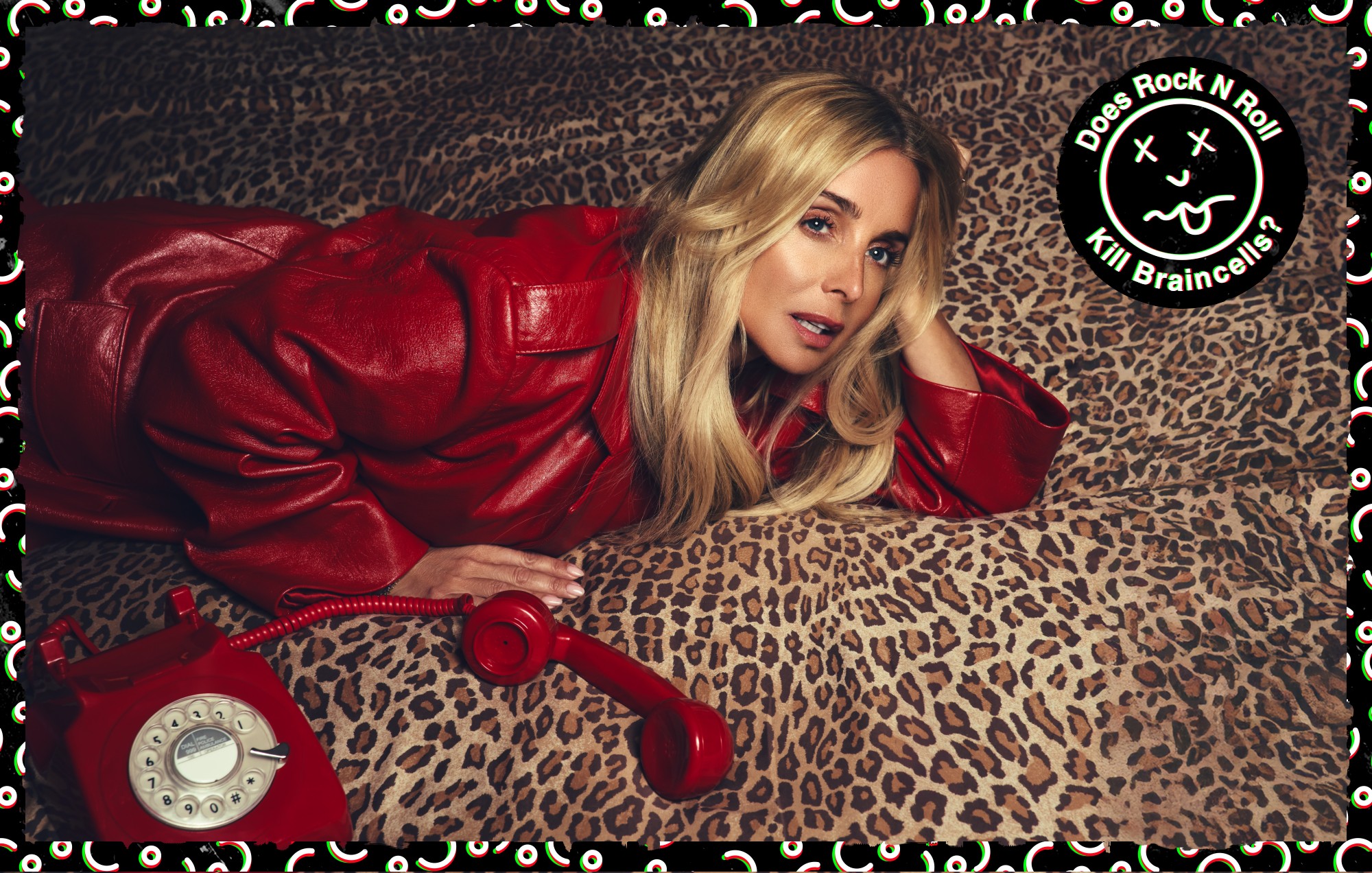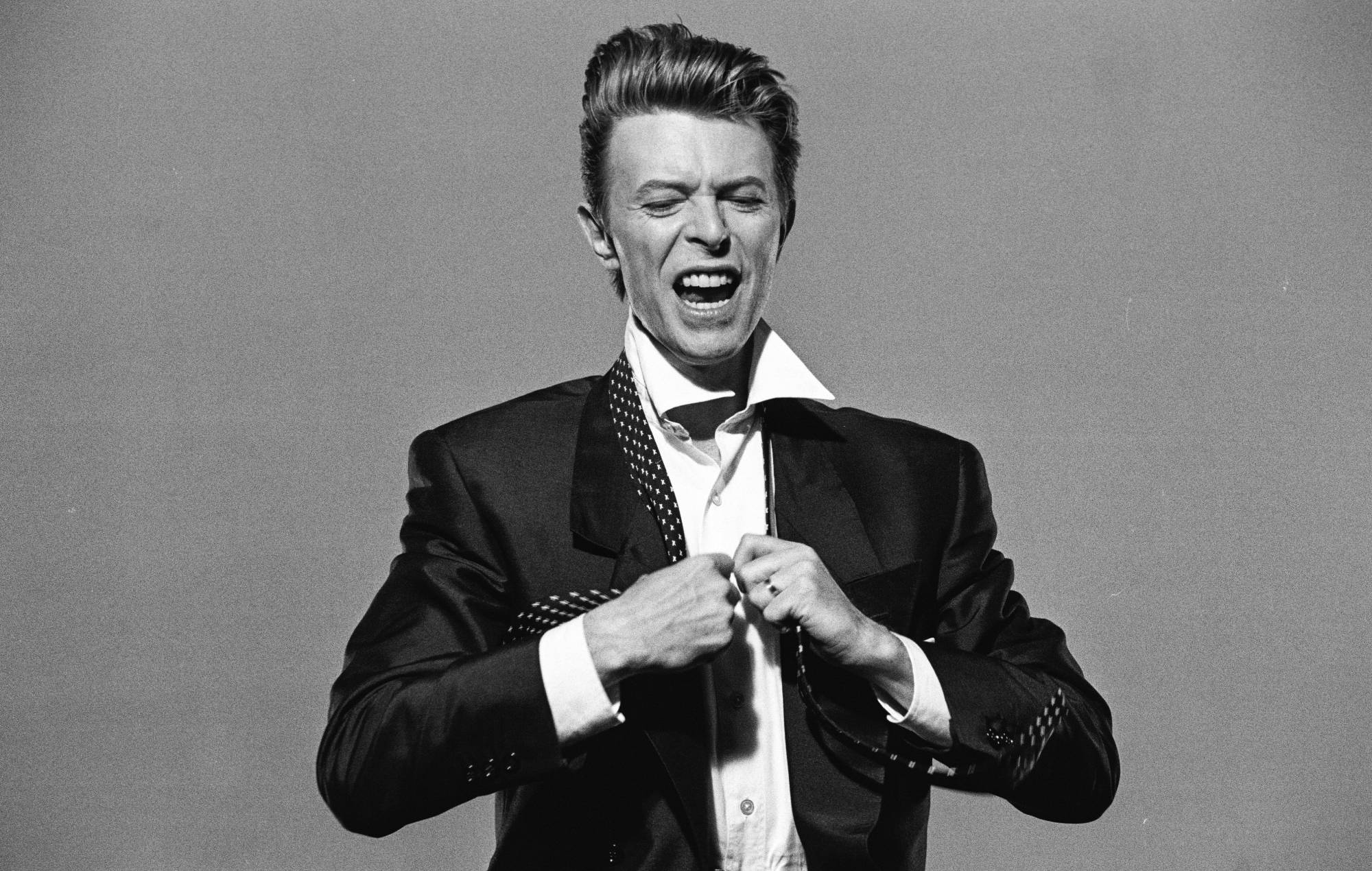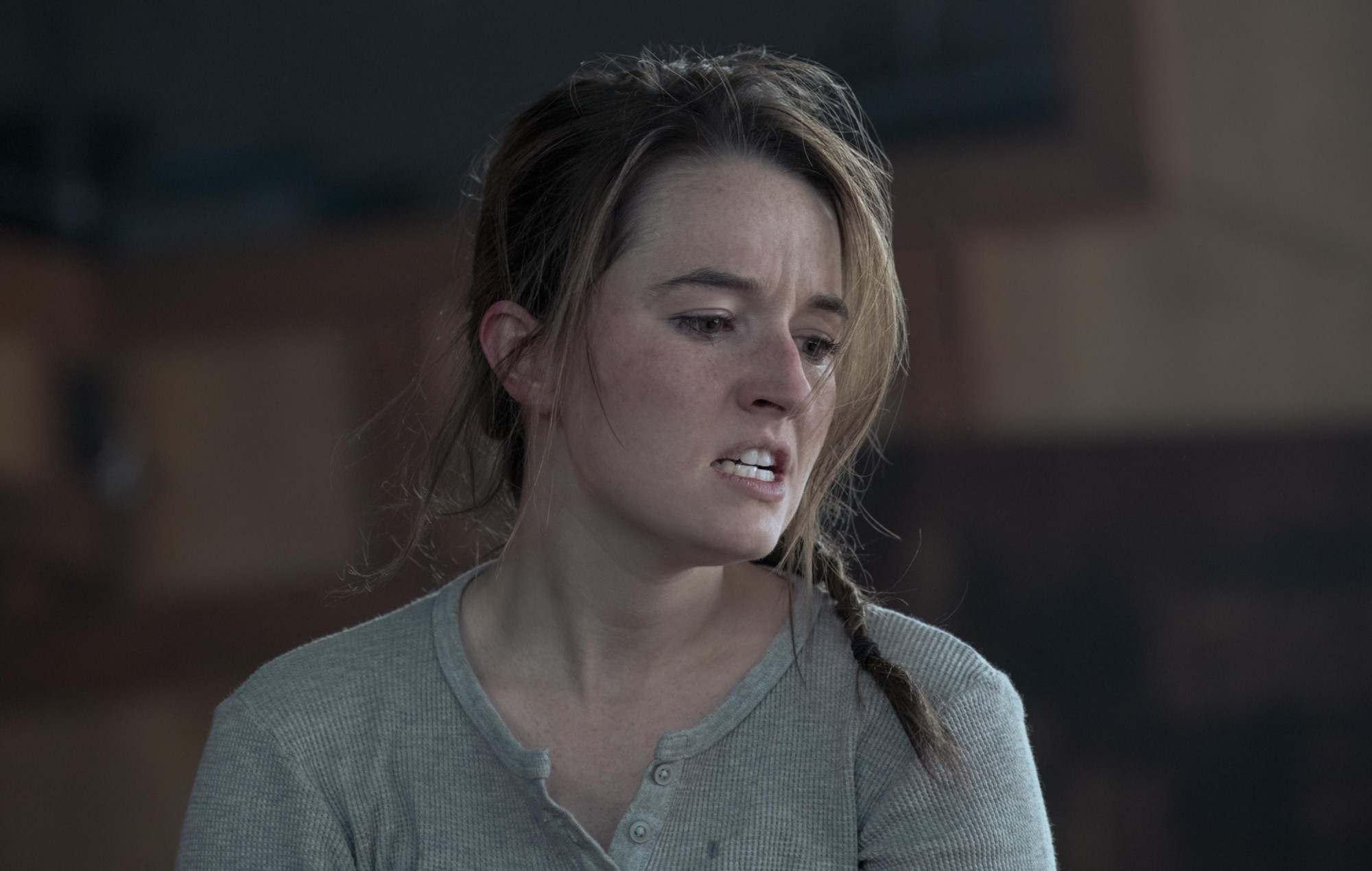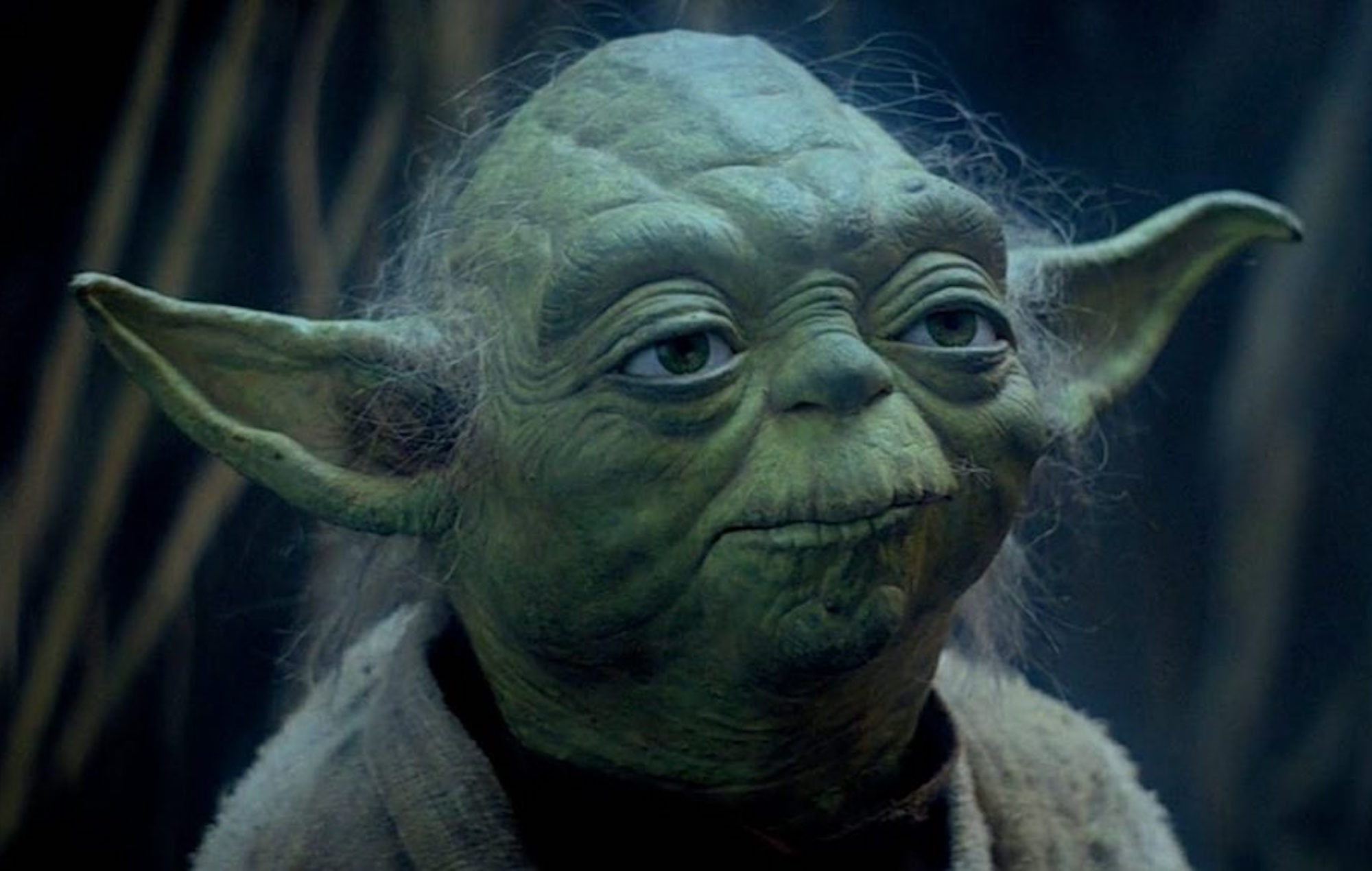Photo Credit: Xander Ferreira
Creativity thrives when you shake up the routine. That’s the central idea behind the production tips shared by Jean-Philip Grobler of St. Lucia, timed perfectly to celebrate the release of their latest single, “Pie In The Sky.” These insights come straight from his studio and creative process—a candid, no-frills guide to embracing unpredictability, leaning into imperfection, and rediscovering the joy of making music. With Fata Morgana: Dawn on the horizon, Jean-Philip is peeling back the curtain on how the album’s lush, genre-defying sound came to life, proving that sometimes the best ideas are born in the most unassuming moments.
What’s striking about these tips is their emphasis on balance—letting your instincts guide you while staying open to experimentation. Jean-Philip reflects on how limiting gear or returning to an untouched demo can reignite a song’s core magic. Whether you’re a bedroom producer or a seasoned artist, these principles remind us that music isn’t about the tools you have but the stories you tell. It’s advice rooted in years of pushing boundaries while staying grounded in authentic creativity.
As St. Lucia invites us into their world with “Pie In The Sky,” these production gems offer a glimpse into the philosophy that shaped the track and the upcoming album. Each tip underscores the importance of trust—trusting your instincts, the creative process, and the imperfections that make a song resonate. It’s not just about the final product; it’s about the journey, and these ideas prove why the ride is always worth it.
[embed]https://youtube.com/watch?v=6piSQzTUme8&si=2SAI_uI9_GD69ASl[/embed]1. Limit Yourself
Even if you have all the greatest gear in the world and the best studio, I’ve found that it can be really good to limit yourself and be in a really minimal production environment sometimes, especially in the beginning of developing an idea. In fact, one of my favorite places to work on the early stages of developing musical ideas is on a plane. Something about having no access to a midi keyboard or my favourite analog synths or guitar etc puts my brain in a different mode and I end up focusing more on what’s important in the early stages of idea development which is song structure, chords, basic rhythm and melodic ideas.
Often having all the options my studio provides can be distracting, and embracing a super basic and almost cartoonishly simple soundscape in the beginning frees me up and takes me out of my judging and editing mind that is more important later in the development process.
It doesn’t have to be on a plane though, you could also just take your laptop or ipad or whatever you use and go somewhere scenic, like sitting on a park bench or in a coffee shop, ideally somewhere you might also be able to disconnect from the internet.
2. Don’t delete anything because sometimes the original version of an idea is the best
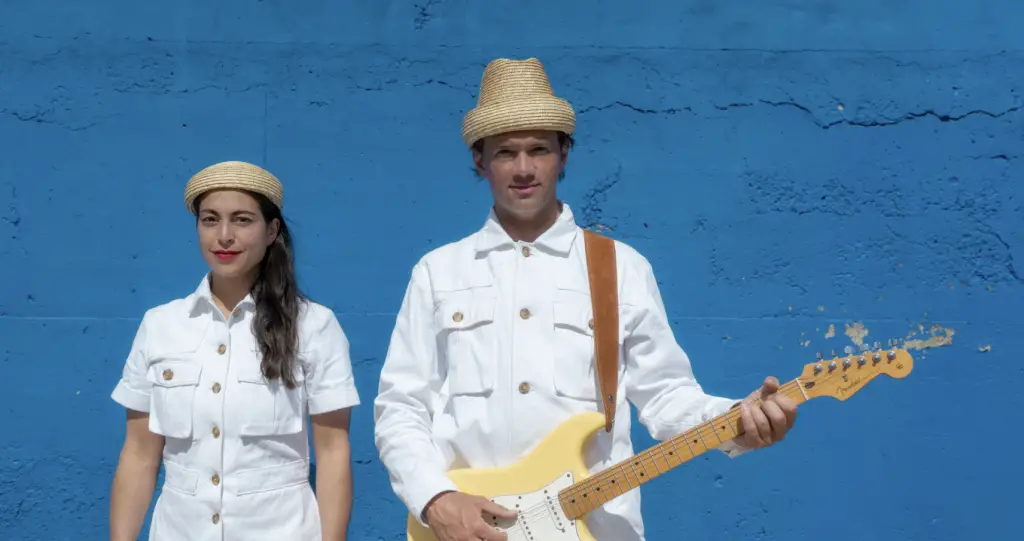
Even as your song and production develops, try to always save and have access to the earliest version of a song or idea.
I can’t tell you how many times I’ve gotten a bit lost with a song, or even that I felt a song is done, and then gone back to the original demo and realized that there was a feeling that the original demo contained that I’d somehow lost in trying to create something perfect. In fact, I think it’s a really good habit to listen to the original idea at various points during the creation process, because at minimum it can provide perspective on what you’re doing.
I’ve also had situations where I’ve made a demo on a plane or something, and then I went and replaced everything with my hardware synths in my studio, but then went and listened to the demo and realized that I preferred the sound of the soft synth and replaced the hardware synth with the soft synth or even a real piano with a sampled piano. Production is all about what feels best, not about using what you ‘should’ be using.
3. Use the 80/20 rule
The most interesting productions, in my opinion, are ones that juxtapose conflicting ideas. Life is all about a balance between opposing ideas, and the best music and art mirrors life.
Sometimes if you’re working on an electronic track and you feel like something interesting is missing, try recording an acoustic guitar played in a way that is completely outside of the main ‘genre’ of the track, or some kind of other completely unexpected organic element. Similarly, if you have a track that sounds very traditional or organic and was recorded beautifully by a band playing in a room through great gear, try just dropping something in from Splice.
It’s these unexpected elements that can show that you aren’t limited by genre, have a sense of humour, and think bigger than the rest. The 80/20 applies here in that it’s good to roughly aim for 20% of the song (could be slightly more or less) or production are elements that feel juxtaposed against the main ‘genre’ of the track. Of course sometimes you just want to make a straight up country song, and that’s fine, but this is an idea that can be a guide if you want to create something a bit different.
4. Quality of ideas > quality of recording
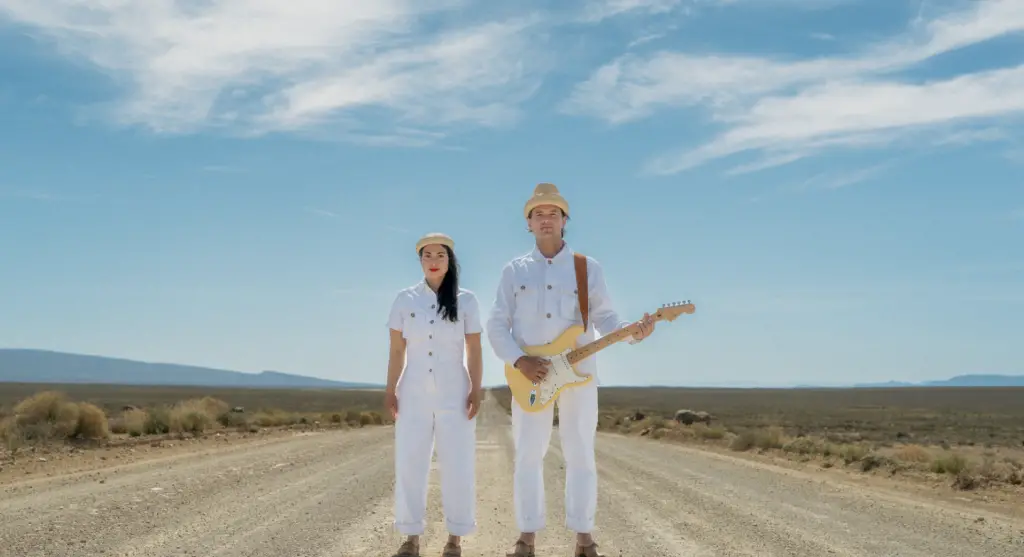
I’m a huge believer in recording things at the highest quality possible. I record everything at 96khz, through great preamps and converters, but sometimes the best parts of a song or idea can come from a crappy old tape recorder with a totally wrecked tape or from your iPhone microphone.
The reality is, most recording gear these days is pretty good, and if artists like Mk.gee are proof of anything it’s that great ideas shine through ‘low fidelity’. Often intentional low fidelity can be the thing that gives a track an edge. So, in a way that’s similar to the point I made above about the 80/20 rule, it’s good to try and aim for high quality overall most of the time, but don’t be precious about everything and having at least some dirt in there is good (and in some cases having everything dirty is great).
5. Familiarity Breeds Contempt
We can all be guilty of continuing down well-trodden paths perhaps longer than we should. Many of the great albums were made by bands or artists completely abandoning what they had become known for and through that finding their way back to themselves. Reinvention can take many forms, each member of the band playing an instrument that isn’t their instrument can take us back to a time or place where our ideas were uncomplicated and simple.
Don’t be afraid of going against what people expect of you or what you expect of yourself. Unfamiliarity can seem scary at first, but often it takes going on vacation to be able to come back and realize how amazing your everyday life is.
6. Being a beginner and being a ‘seasoned pro’ have equal benefits and drawbacks.
It can often seem when you’re starting out in your music career that if you could only have that amazing recording studio with all your dream gear then you’d be set and you’d be able to make the music you dream of making. But, having everything you want isn’t necessarily all it’s cut out to be.
When you’re starting out you’re in the enviable position of nobody in the broader public having heard of you before so you can basically do anything you want, whereas when you’re an established artist who has an audience, that audience comes with a certain amount of expectations which you can obviously subvert if you choose to but that also comes with a certain amount of risk. Also having loads of gear can in some ways be its own kind of golden handcuffs, you become tied to and reliant on the stuff, whereas when you don’t have it you’re a lot freer.
What I’m trying to say here is that no matter where you are in your career, that position comes with an almost equal amount of benefits and drawbacks. Of course it’s tough to see when you’re trying to build an audience and a sustainable career in the beginning, but I’ve heard so many established artists with long careers behind them wax poetic about the ‘early days’ (myself included) that i’m now convinced that you don’t reach some kind of Valhalla when you finally acquire all the audio gear you dreamed of.
7. Try to set up your studio so that there is minimal time between coming up with an idea and capturing it
The best and most fruitful studio environments I’ve been in have been where there is the minimal setup time between coming up with an idea and executing and capturing that idea. Creating this kind of setup can take time, but it’s worth every second. In fact this is why I often think working ‘in the box’ or with a minimal setup in the beginning can be so good. Being able to easily call up soft synths and sounds can be the key to catching that breeze that blows you to shore.
8. Listen to what people say but be aware of the context and biases
One of the most important parts of the process of creating a song or a piece of music is how people who aren’t directly involved with the creation respond to it.
Often when we’re working on a song by ourselves or with a close group or people, we can have a kind-of tunnel vision. When we take what we’re working on out of that context and play it for someone outside of the inner circle, we hear it with new ears. This can be both a positive and negative experience, but it’s always valuable in some way. That being said, be aware of who the person you’re playing it for is and what their biases are.
The person you’re playing it for most likely doesn’t have any idea of the broader context of the body of work you’re working on, doesn’t know what degree or completion the track is at etc, and also would most likely respond to the track completely differently if you told them it was ‘finished’. Sometimes a negative response from some people might actually be a positive in terms of what you’re trying to achieve.
In fact, I often put the opinions of people outside of the music business higher than people who work in the business or in audio because they’re responding in a less pretentious way. Basically, just be aware of people’s biases when they give you feedback on your music. There is no one opinion that is the gospel other than your own.
9. Take a break
Perhaps the most overlooked part of the creation process is the ‘not-creation’ process. You need to step away from what you’re working on for both short and long periods of time. How often has it happened to you that you were working on something late into the night and thought it was the greatest thing ever and then come back the next morning and it’s not even close to as good as you thought it was.
Of course, there are those rare occasions when something is made and finished in one session and it truly is the greatest thing ever, but most of the time it can really benefit us to step away and feel the sun on our faces and not think about music for a bit.
10. Some Things Just Take Time
When I was younger I put a LOT of pressure on myself to try and finish ideas. I felt like time was running out and if I had an idea I felt excited about I would just keep hammering at it until I got somewhere with it or it died. I killed many great ideas this way. I now in my slightly more advanced age have realized that if it’s not coming naturally, you should just leave it be and believe that if the song is worthy, it will find the other parts of its body. Of course you can try to leave it for a day and come back and listen to it, but I’ve really learned to trust that if my muse isn’t going to me effortlessly, I shouldn’t force it. I know a lot of people will disagree with me here but I suppose I am more of a holistic music making school.
11. Sometimes the gold you’re looking for is covered in shit
We all have genres of music or songs that just rub us the wrong way, whether we find them boring, or they just go against what we believe or our ethics or whatever.
I’ve so often found that big moments of artistic growth for me have come when I make a conscious effort to embrace the things that I hate or find distasteful, and I’ve heard many artists I love talk about the same thing. This goes along with an idea that I saw the great actor Willem Defoe talking about recently where he said you should actively try to create something bad, and you realize it’s almost impossible.
The band MGMT have also talked about how they started out literally trying to create joke songs that make fun of the music industry. Something magical happens when we’re not trying too hard to make something ‘good’ or being too ‘serious’, a state of play is one of the most magical states to be in when you’re trying to create something original.
12. Learn to listen to the voice inside aka go big or go home
You can read every issue of Sound on Sound, watch every audio or songwriting youtube channel, read every book, listen to every interview, but if you don’t learn to cultivate and trust your own inner voice and intuition you will always just be a copy.
Of course, it is fine and only natural to be deeply influenced by other artists, and many of the greats started out imitating other artists, but if you’re a real human (as we all are) at some point you will get some crazy ideas in your head that make no sense and people will tell you that they’re crazy, and you’ll either choose to follow those crazy ideas or not.
The ones that choose to follow those crazy ideas generally-speaking end up being the greats, but not instantly. Often they have to walk through the desert for years before they reach the water of recognition, and they have to hear people telling them over and over again that they’ll never make it and they should rather do this or that. Fuck those people. Do what you want, follow your dreams and own it. But know that it won’t be easy.
The post 12 Ways to Push Your Music Production to the Next Level, According to St. Lucia appeared first on Magnetic Magazine.
